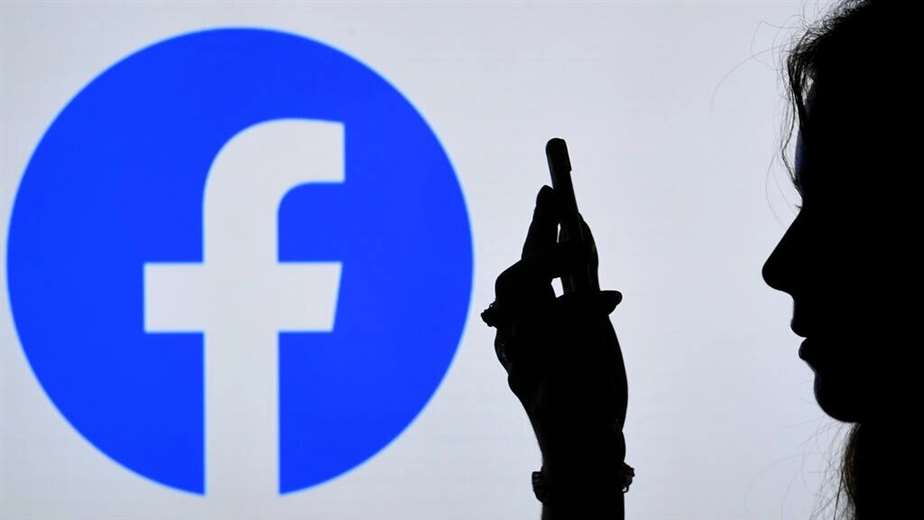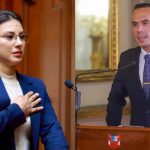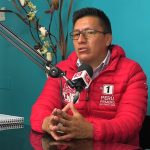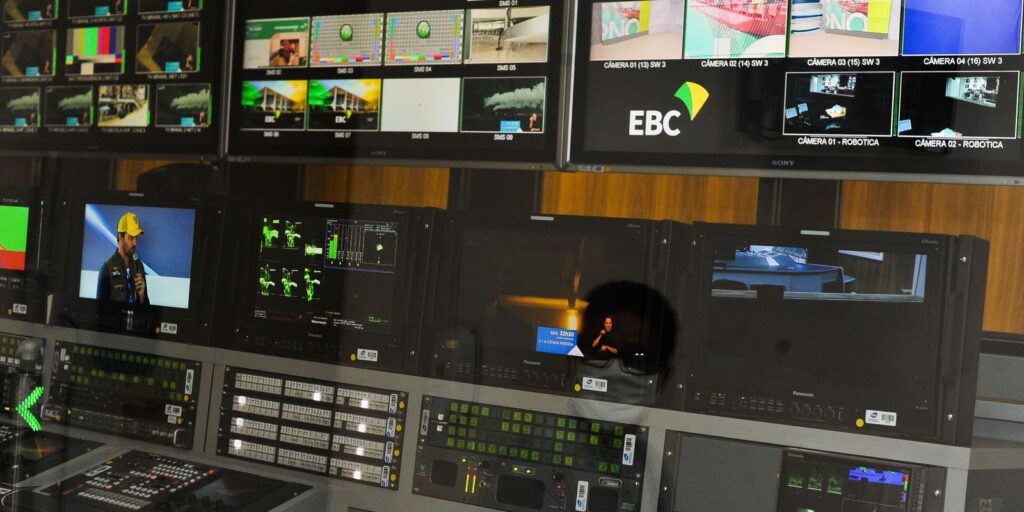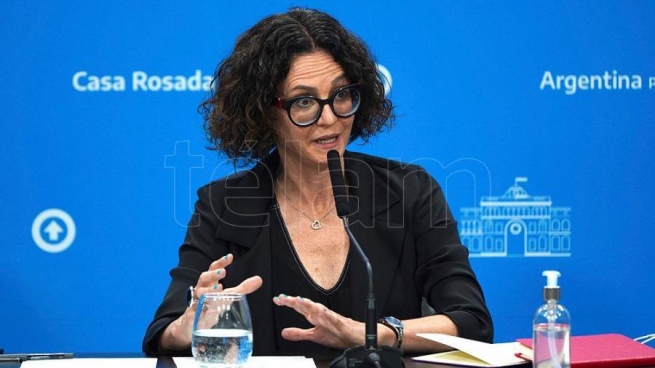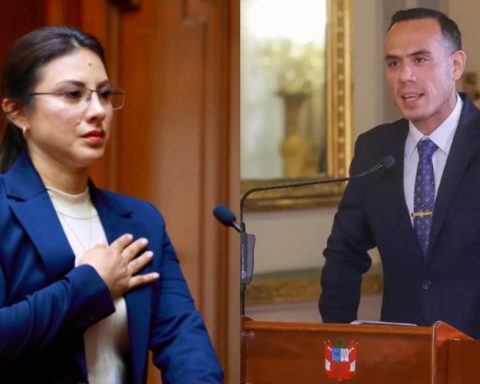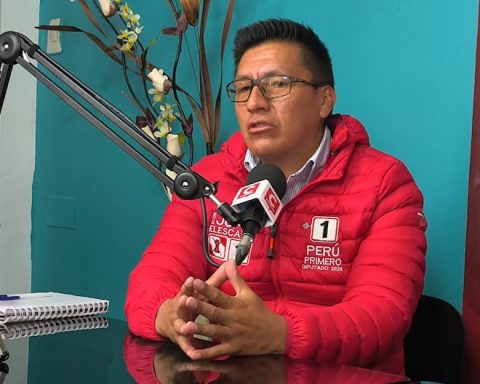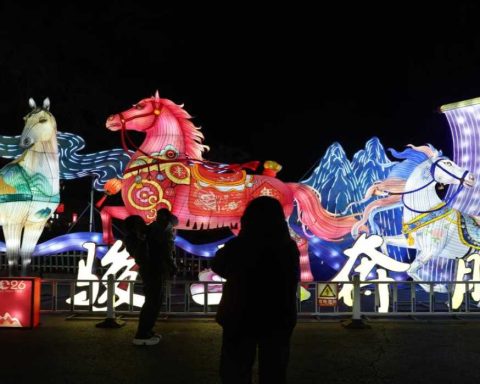the wide President Vladimir Putin’s crackdown on the media and social media indicates the government’s determination to stifle any dissenting voices on the Ukraine conflict, even if that could mean cutting Russia’s internet network off from the rest of the world, experts say
An example of the attempt to isolate information that could jeopardize its invasion of Ukraine is the blocking the social network Facebook.
The often criticized social network is part of a network of information sources that may challenge the Kremlin’s preferred perspective about the justice and necessity of their invasion.
The Facebook block and Twitter restriction announced on Friday came on the same day that Moscow backed jail terms for media that publish “false information” about the military.
Russia’s motivation “is to suppress political challenges at a very tense moment for (Vladimir) Putin and the regime, when it comes to those who are asking very difficult questions about why Russia continues to wage this war,” said Steven Feldstein, a senior fellow at the Carnegie Endowment for International Peace.
Russia thus joins the tiny club of countries that exclude Facebook, the world’s largest social network, along with China and North Korea.
Moscow was expected to quickly overpower its neighbor, but the campaign has already shown signs it could last longer and could unleash great military ferocity.
“It’s a censorship tool of last resort,” Feldstein added. “They’re taking an entire platform offline instead of trying to block specific pages or using all sorts of other mechanisms that are traditionally used,” he said.
Earlier this week, the independent monitoring group OVD-Info said that more than 7,000 people in Russia had been arrested in demonstrations for the Ukrainian invasion launched by Moscow.
Web monitoring group NetBlocks noted that Russia’s moves against the social media giants come amid protests “which are coordinated and mobilized through social media and messaging apps.”
In the meantime, the war takes place during a period of unprecedented repression against Russian opposition, which has included assassination, the imprisonment or expulsion from the country of protest leaders.
– ‘No access to the truth’ –
Since Moscow’s invasion of Ukraine last week, Russian authorities have increased pressure on independent media even though press freedom in the country was already rapidly declining.
In this context, Facebook plays a key role in the distribution of information in Russia, even despite facing withering criticism in the West on issues ranging from political division to adolescent mental health.
Natalia Krapiva, a tech legal adviser for rights group Access Now, said that social media has been a place where independent and critical voices have been speaking out about the invasion.
“Facebook is one of the key platforms in Russia,” he said, adding that its loss is “a devastating blow to access to independent information and resistance to war.”
Russia has received unprecedented sanctions from the West for the invasion, but also rejections both symbolic and significant from sources ranging from sports organizations to American technology companies.
Facebook’s parent company, Meta, and Twitter, however, have become involved in the very sensitive issue of information by blocking the spread of Russian state-linked media.
Russia’s media regulator targeted both, and Roskomnadzor accused Facebook of discriminating against state media.
Large American technology firms such as Apple and Microsoft have announced the cessation of the sale of their products in Russia, while other companies announced “pauses” from certain commercial activities or links.
On Friday, US Internet service provider Cogent Communications said it had “terminated its contracts” with customers in Russia.
The Washington Post reported that Cogent has “several dozen clients in Russia, and many of them, like the state-owned telecommunications giant Rostelecom, are close to the government.”
It is exactly the type of measure by which officials Ukrainians have been waging a huge campaign, calling for Russia to be deprived of everything from Netflix to Instagram.
However, experts like Krapiva worry what that could mean for critical or dissenting voices within Russia, something “counterproductive”.
“There is a risk that people will not have access to the truth,” he stressed.
Russia warns that countries that impose a no-fly zone in Ukraine will be part of the conflict
The Russian President, Vladimir Putin stressed this Saturday that Russia would consider as a co-belligerent any country that tries to impose a no-fly zone in Ukraine, a measure that Kiev demands, without success, from NATO.
“We heard that it would be necessary to create a no-fly zone on Ukrainian territory. But it is impossible to do it from Ukrainian territory, it is only possible from the territory of a neighboring country,” Putin explained in a meeting with employees of the Russian airline Aeroflot.
Putin stressed that they would consider “any movement in that direction as participation in the armed conflict” by the third country that carries it out, since it would create “a threat against our military.”
the ukrainian president, Volodimir Zelensky strongly criticized NATO’s refusal on Friday to establish a no-fly zone in Ukraine, which would serve to neutralize Russia’s combat air advantage.
The Western powers did not agree to this request (difficult to apply) because it carries a significant risk of direct conflict with Russia, whose armed forces have been intervening in Ukraine since February 24.
the wide President Vladimir Putin’s crackdown on the media and social media indicates the government’s determination to stifle any dissenting voices on the Ukraine conflict, even if that could mean cutting Russia’s internet network off from the rest of the world, experts say
An example of the attempt to isolate information that could jeopardize its invasion of Ukraine is the blocking the social network Facebook.
The often criticized social network is part of a network of information sources that may challenge the Kremlin’s preferred perspective about the justice and necessity of their invasion.
The Facebook block and Twitter restriction announced on Friday came on the same day that Moscow backed jail terms for media that publish “false information” about the military.
Russia’s motivation “is to suppress political challenges at a very tense moment for (Vladimir) Putin and the regime, when it comes to those who are asking very difficult questions about why Russia continues to wage this war,” said Steven Feldstein, a senior fellow at the Carnegie Endowment for International Peace.
Russia thus joins the tiny club of countries that exclude Facebook, the world’s largest social network, along with China and North Korea.
Moscow was expected to quickly overpower its neighbor, but the campaign has already shown signs it could last longer and could unleash great military ferocity.
“It’s a censorship tool of last resort,” Feldstein added. “They’re taking an entire platform offline instead of trying to block specific pages or using all sorts of other mechanisms that are traditionally used,” he said.
Earlier this week, the independent monitoring group OVD-Info said that more than 7,000 people in Russia had been arrested in demonstrations for the Ukrainian invasion launched by Moscow.
Web monitoring group NetBlocks noted that Russia’s moves against the social media giants come amid protests “which are coordinated and mobilized through social media and messaging apps.”
In the meantime, the war takes place during a period of unprecedented repression against Russian opposition, which has included assassination, the imprisonment or expulsion from the country of protest leaders.
– ‘No access to the truth’ –
Since Moscow’s invasion of Ukraine last week, Russian authorities have increased pressure on independent media even though press freedom in the country was already rapidly declining.
In this context, Facebook plays a key role in the distribution of information in Russia, even despite facing withering criticism in the West on issues ranging from political division to adolescent mental health.
Natalia Krapiva, a tech legal adviser for rights group Access Now, said that social media has been a place where independent and critical voices have been speaking out about the invasion.
“Facebook is one of the key platforms in Russia,” he said, adding that its loss is “a devastating blow to access to independent information and resistance to war.”
Russia has received unprecedented sanctions from the West for the invasion, but also rejections both symbolic and significant from sources ranging from sports organizations to American technology companies.
Facebook’s parent company, Meta, and Twitter, however, have become involved in the very sensitive issue of information by blocking the spread of Russian state-linked media.
Russia’s media regulator targeted both, and Roskomnadzor accused Facebook of discriminating against state media.
Large American technology firms such as Apple and Microsoft have announced the cessation of the sale of their products in Russia, while other companies announced “pauses” from certain commercial activities or links.
On Friday, US Internet service provider Cogent Communications said it had “terminated its contracts” with customers in Russia.
The Washington Post reported that Cogent has “several dozen clients in Russia, and many of them, like the state-owned telecommunications giant Rostelecom, are close to the government.”
It is exactly the type of measure by which officials Ukrainians have been waging a huge campaign, calling for Russia to be deprived of everything from Netflix to Instagram.
However, experts like Krapiva worry what that could mean for critical or dissenting voices within Russia, something “counterproductive”.
“There is a risk that people will not have access to the truth,” he stressed.
Russia warns that countries that impose a no-fly zone in Ukraine will be part of the conflict
The Russian President, Vladimir Putin stressed this Saturday that Russia would consider as a co-belligerent any country that tries to impose a no-fly zone in Ukraine, a measure that Kiev demands, without success, from NATO.
“We heard that it would be necessary to create a no-fly zone on Ukrainian territory. But it is impossible to do it from Ukrainian territory, it is only possible from the territory of a neighboring country,” Putin explained in a meeting with employees of the Russian airline Aeroflot.
Putin stressed that they would consider “any movement in that direction as participation in the armed conflict” by the third country that carries it out, since it would create “a threat against our military.”
the ukrainian president, Volodimir Zelensky strongly criticized NATO’s refusal on Friday to establish a no-fly zone in Ukraine, which would serve to neutralize Russia’s combat air advantage.
The Western powers did not agree to this request (difficult to apply) because it carries a significant risk of direct conflict with Russia, whose armed forces have been intervening in Ukraine since February 24.
;
